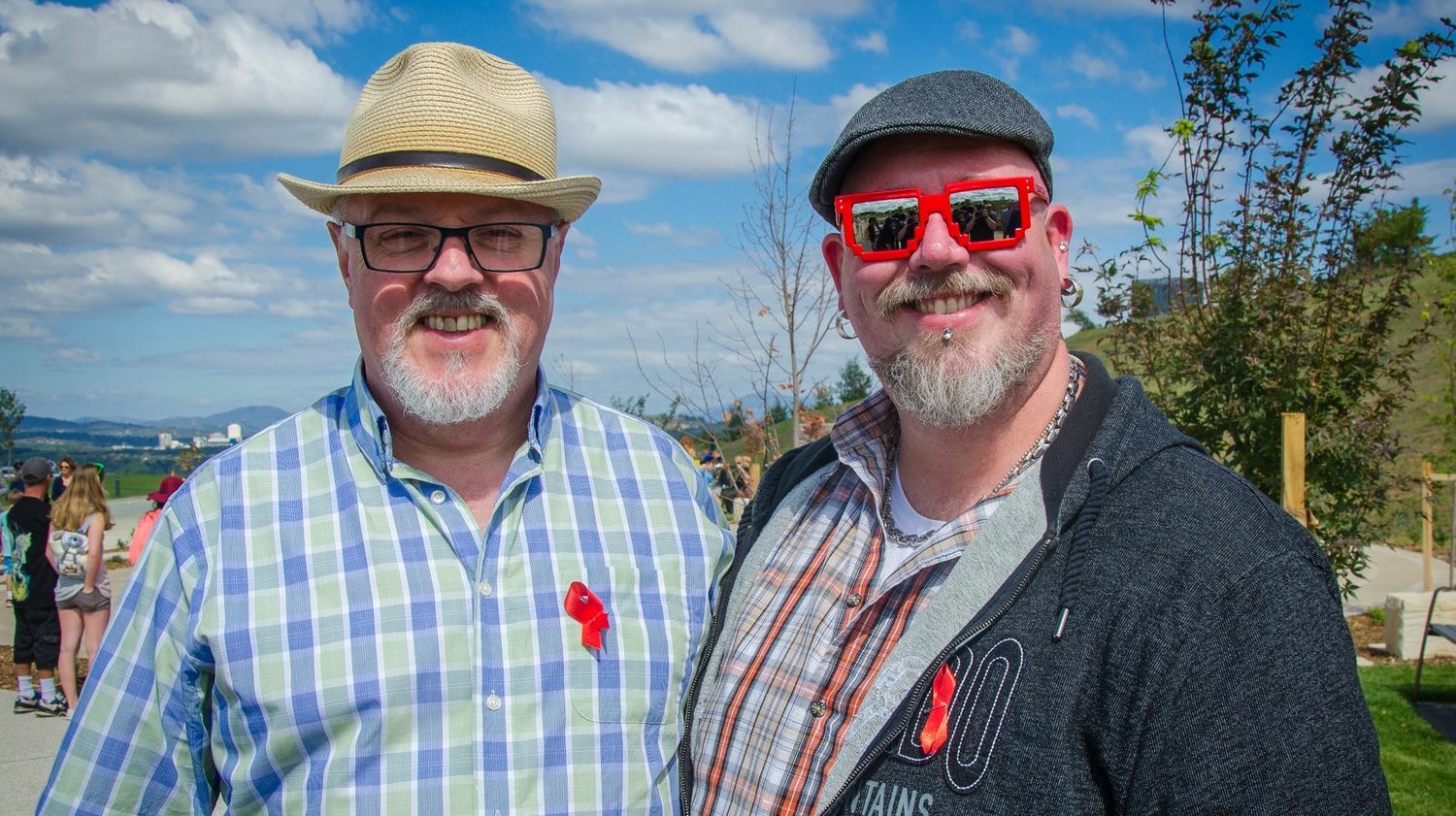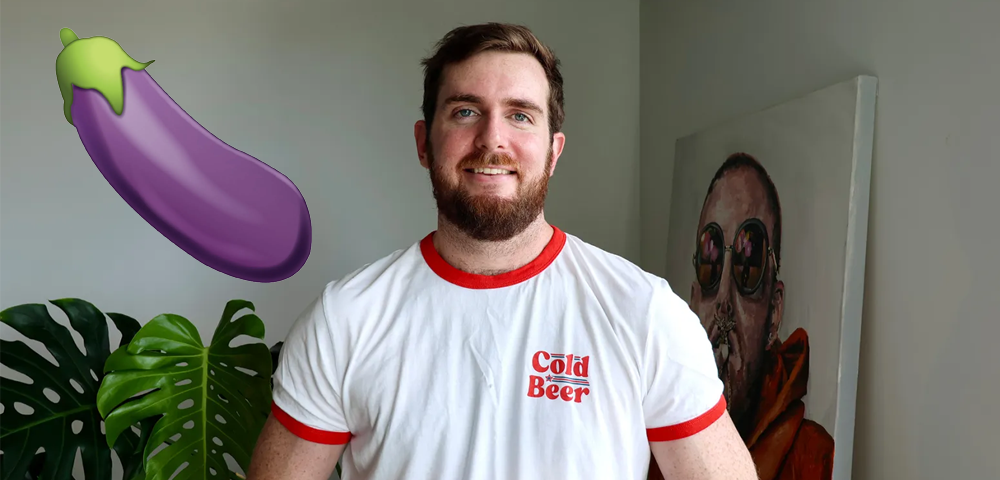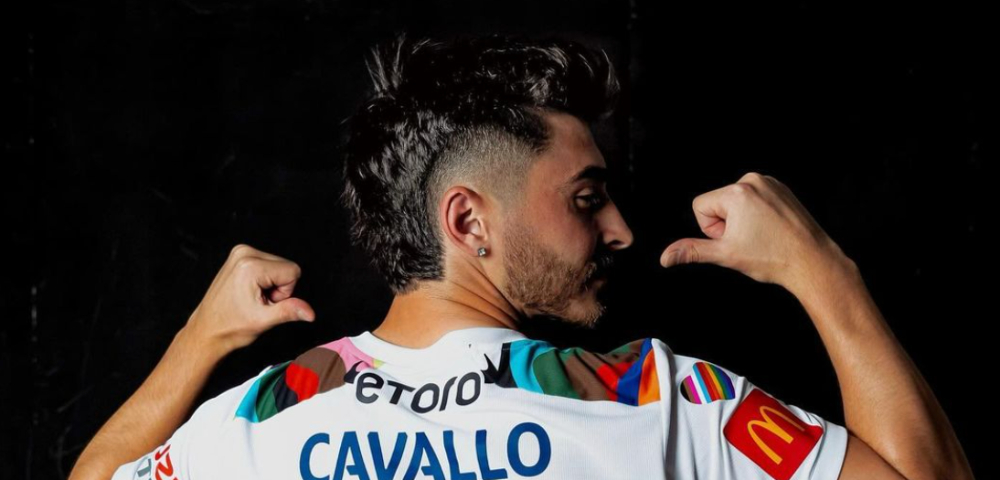
‘The fairytale version didn’t work out for us’: navigating open relationships and polyamory

George has penned an article detailing his experience being in both an open and a polyamorous relationship, and how they’re navigated in same-sex communities. He has asked us to refrain from using his last name.
***
My partner Alex and I started our relationship expecting to focus on each other for both romantic and sexual interests, but we were aware of open and polyamorous relationships – even in a world before apps, you would be blinkered otherwise.
Still, the fairy-tale version did not work out for us. For nearly seven years we had a difficult relationship with my heavy work commitments and his unhappy career, along with undiagnosed (and unmanaged) mental health issues.
Both of us hung in there, but it took its toll.
And then the world quickly changed in several ways – Alex deduced he needed help with a wayward brain, and I had a serious spinal tumour removed.
But some great things came from it – I got to know my real partner again after he’d been mentally missing in action for so long, we talked through our issues, and we emerged from these crises with a renewed commitment to each other.
However, we also knew we had some differing needs, so we decided to have an open relationship.
We have a simple philosophy: you shouldn’t ask your partner to suppress who they are.
We see so many couples trying to fix aspects of each other. We get as frustrated with each other as anyone else, but trying to change or ignore part of your partner’s make-up is sure to end in grief.
If that means spending some time with someone else, it’s not threatening, it’s positive.
There’s an emotional leap in trusting each other, but we know the foundations of our relationship are secure. Once you really have that, anything else hardly matters.
Over the next few years, we became interested in polyamory – the possibility of more than one romantic partner.
It started because of a man who was romantically interested in us both. That relationship didn’t work out, but it changed our ideas about what we wanted.
And so, a decade after our rough times I have two partners – Alex for 19 years and another partner for two. I think it takes a special person to join someone with a long-term partner, so I feel blessed.
The idea that romantic love is a zero-sum game I found rather strange once I thought about it. We don’t think about other forms of love that way.
‘I love friend A therefore I have no love left for B’ – ‘how silly’ we would say. Yet we are encultured to apply it romantically and sexually.
I don’t need to be Mr Everything – being the romantic ideal is a big load to carry – and I don’t need to own my partner either.
As a society, our marriage traditions still retain shadows from controlling women for fertility, property, and inheritance, which we are reluctant to acknowledge.
Anecdotally, polyamory or openness are more common in male couples and I suspect complex relationships are less problematic.
I think I know one reason why: you cannot really be a same-sex couple without working out your own path.
By definition, the road maps for marriage and relationships are of limited help.
Unless you want to live some version of The Birdcage, you have to build your own relationship and decide how it works. This is a great freedom, even if some effort is required. In a healthy relationship, it makes you talk about ‘our life’ right from the start.
I believe the ‘how do we want to do this’ aspect of male relationships, less encumbered by social norms about domestic and social roles, gives us a great ability to be honest with each other, to decide what we need and how to make it work, and less pressure to be conformist for its own sake.
The long history of social and official discrimination also permits more discussion around alternatives: when nothing is officially legitimate, everything becomes discussable.
Ethics are important though – not everyone wants polyamory and it would be emotionally abusive to become involved with someone who was not open to it.
I have observed straight and bi relationship groups interested in polyamory struggle with making it work. I think the need to uncover and rework deeply programmed social conventions was fundamental to the difficulties I observed.
I am grateful to have had the opportunity to gradually set my own path. It compensated in a way for other discrimination.
The impact of normalising same-sex relationships will be seen in the future and I watch with interest.
George and Alex will feature on Insight on Tuesday 1 May at 8.30pm AEST on SBS and SBS On Demand.









